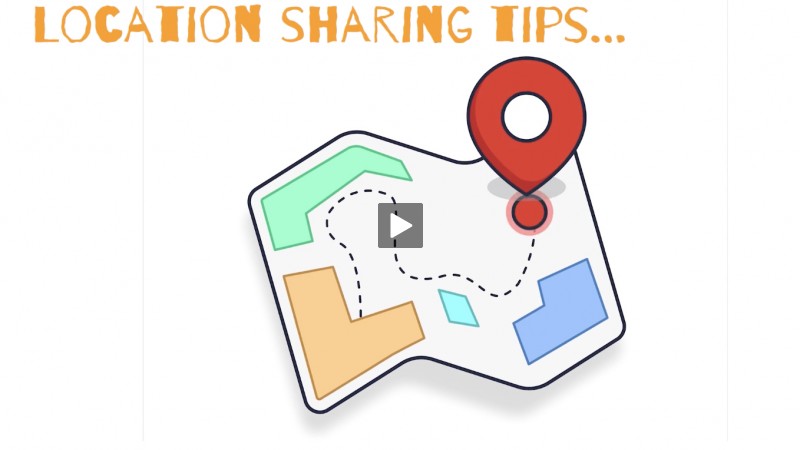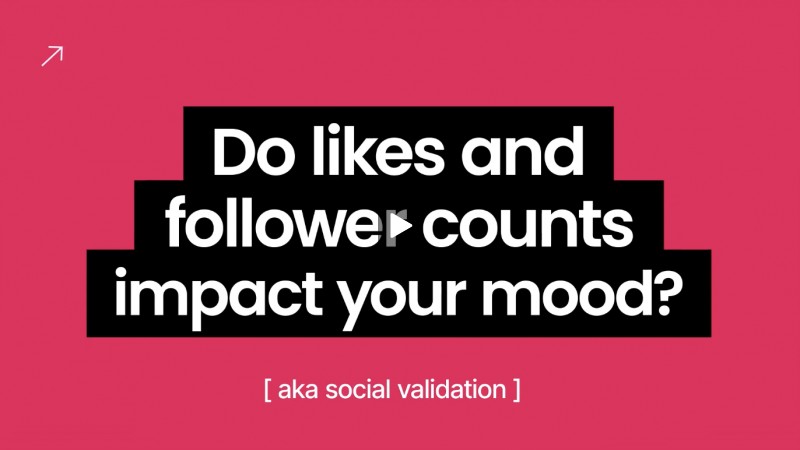Protect Your Privacy and Reduce the Data Collected About You with These Tips
- Details
- Written by Remar Sutton
- Category: Articles

You know that data breaches expose your personal and financial information. But what about data brokers? Data brokers collect lots of information about you without your knowledge.
Given the advanced search tools and skills of these brokers, it may seem that protecting your privacy is a lost cause. It's not. There are ways that you can reduce the amount of your information that is collected. The following tips can help.
Protect yourself by using these throwaway email addresses, phone numbers, and credit card numbers.
Data brokers, also known as information brokers, buy and sell personal information that has been collected in many ways online and off. Some of that data, you have provided when you've made a purchase, created a website account, or signed up for something. Data brokers take identifiable bits of data, such as phone numbers, email addresses, credit card numbers and device-specific identifiers and then compile that data into a marketing profile. Note that some of the data collected (or inferred) isn't accurate. While these companies declare that this information can't be linked to individuals since there isn't a name attached, that's not true. The data can actually be linked to specific individuals.
With Google and Apple planning to limit companies' abilities to track you across apps and the internet, the data you provide becomes even more valuable. Data brokers don't have to have your name, though they already do. They can track you by email address, phone number, and even your credit card numbers.
Good privacy tools can help you hide who you are. These are designed to be discarded when no longer needed. There are many sites and apps that provide these tools. Protect yourself by using these throwaway email addresses, phone numbers, and credit card numbers. Here's how.
Email addresses
Create multiple free email accounts, though you'll need to manage and keep track of them. And these are still associated with your name.
If you use the Firefox browser, try Firefox Relay. It provides 5 aliases for free. The aliases are forwarded to your email address associated with your Firefox account. A premium account provides unlimited aliases.
If you use an Apple device, the "Sign in with Apple" button has a feature to hide your email. That will create a unique email address that will be forwarded to your regular email.
Use an email forwarding service such as SimpleLogin or AnonAddy.
Other options include services that provide a temporary email address such as 10MinuteMail, Temp-Mail, Minute InBox, EmailOnDeck, and Maildrop. These provide email addresses that go away after about 10 minutes.
Phone numbers
Google Voice is an app for your smartphone. Get one free number with each Google account. You can receive calls and texts or you can forward it to your regular number.
Skype offers a phone number that can be used for calls and text. The drawback is that it can only be used through the Skype app. Call forwarding to another number is available for a fee.
Your phone provider may offer proxy numbers. Though this can be costly.
Use an inexpensive prepaid phone that can be bought at many stores.
Credit cards
Some credit cards offer the capability to mask your card number by providing a new unique card number that is linked to your account.
Virtual credit card services such as Privacy.com and Abine Blur create virtual cards that you can use in place of your real number. The virtual cards are tied to your credit card or bank account.
Payment apps use tokens to conduct the transaction instead of your card number.
Before using any of these apps or services, remember to thoroughly check them out. Are you trading one set of privacy issues for another?
Another step you can take is to opt out of data collection by some of the data brokers. This can be a time consuming process since you have to visit each broker's site. This article from Fast Company provides more information about data brokers. Even though it's a few years old, the details about "deleting your data" is very useful.
For More Information
The following resources have more tips for protecting your privacy.


































